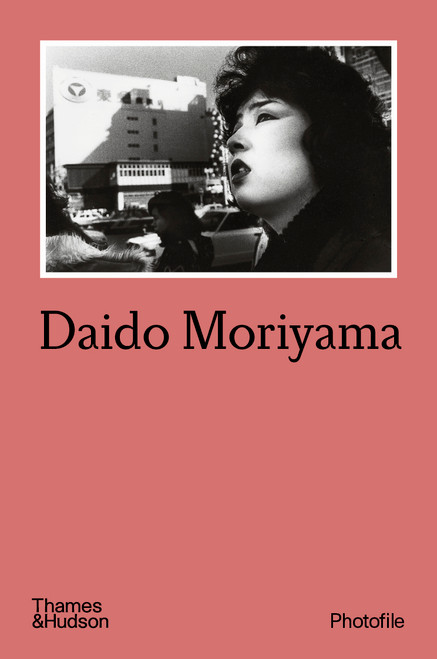Inspired by the work of an earlier generation of Japanese photographers, especially by Shomei Tomatsu, and by William Klein's seminal photographic book on New York, Daido Moriyama moved from Osaka to Tokyo in the early sixties to become a photographer. He became the leading exponent of a fierce new photographic style that corresponded perfectly to the abrasive and intense climate of Tokyo during a period of great social upheaval. His black and white pictures were marked by fierce contrast and fragmentary, even scratched, frames, which concealed his virtuoso printing. Between June 1972 and July 1973 he produced his own magazine publication, Kiroku, which was then referred to as Record. It became a diaristic journal of his work as it developed. Ten years ago he was able to resume publication of Record, which gradually expanded in extent. To date he has published thirty issues, a number of them including colour. The publication of Record as a book enables work from all thirty issues to be edited into a single sequence, punctuated by Moriyama's own text as it appeared in the magazines.
It used to be assumed that Moriyama's peculiarly Japanese style was tied to his Tokyo roots. The evidence of the last ten years demonstrates that Moriyama, a restless world traveller, has been able to apply his unique vision to northern Europe, southern France, the cities of Florence, London, Barcelona, Taipei, Hong Kong, New York and Los Angeles as well as to the alleys of Osaka, and the landscape of Hokkaido. The book ends in Afghanistan.
It used to be assumed that Moriyama's peculiarly Japanese style was tied to his Tokyo roots. The evidence of the last ten years demonstrates that Moriyama, a restless world traveller, has been able to apply his unique vision to northern Europe, southern France, the cities of Florence, London, Barcelona, Taipei, Hong Kong, New York and Los Angeles as well as to the alleys of Osaka, and the landscape of Hokkaido. The book ends in Afghanistan.







